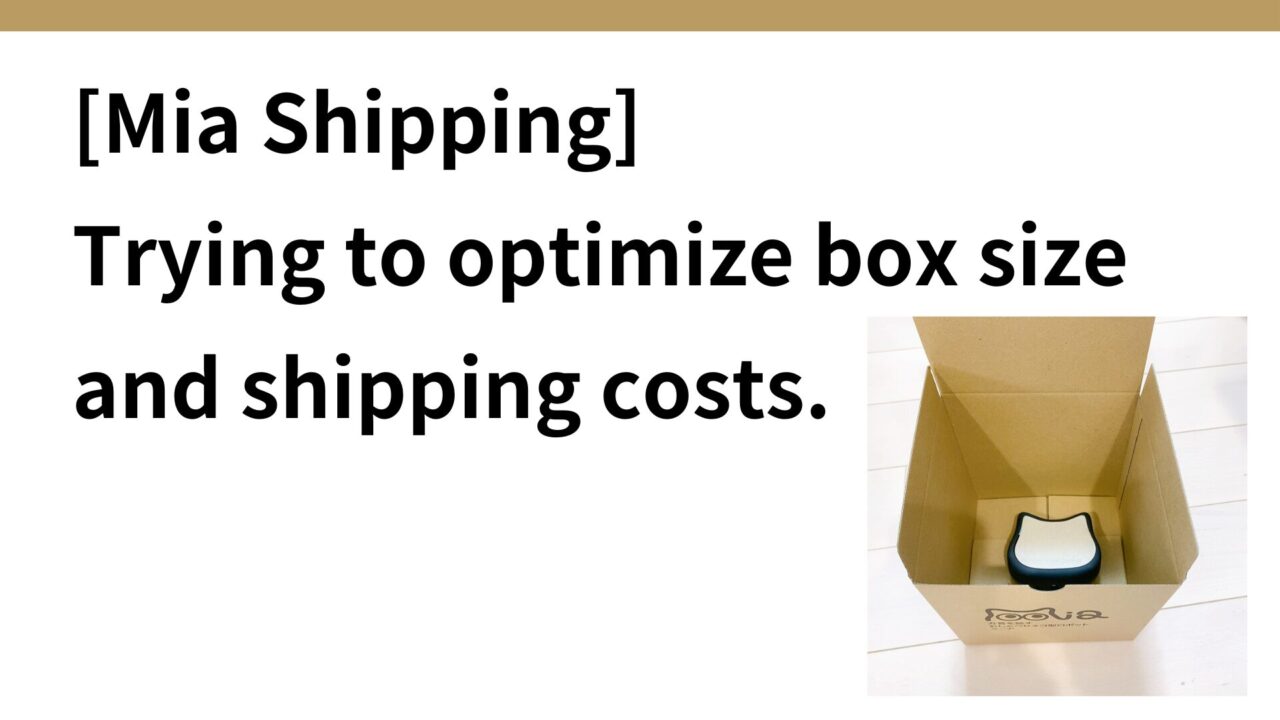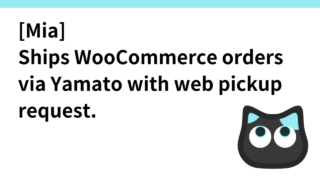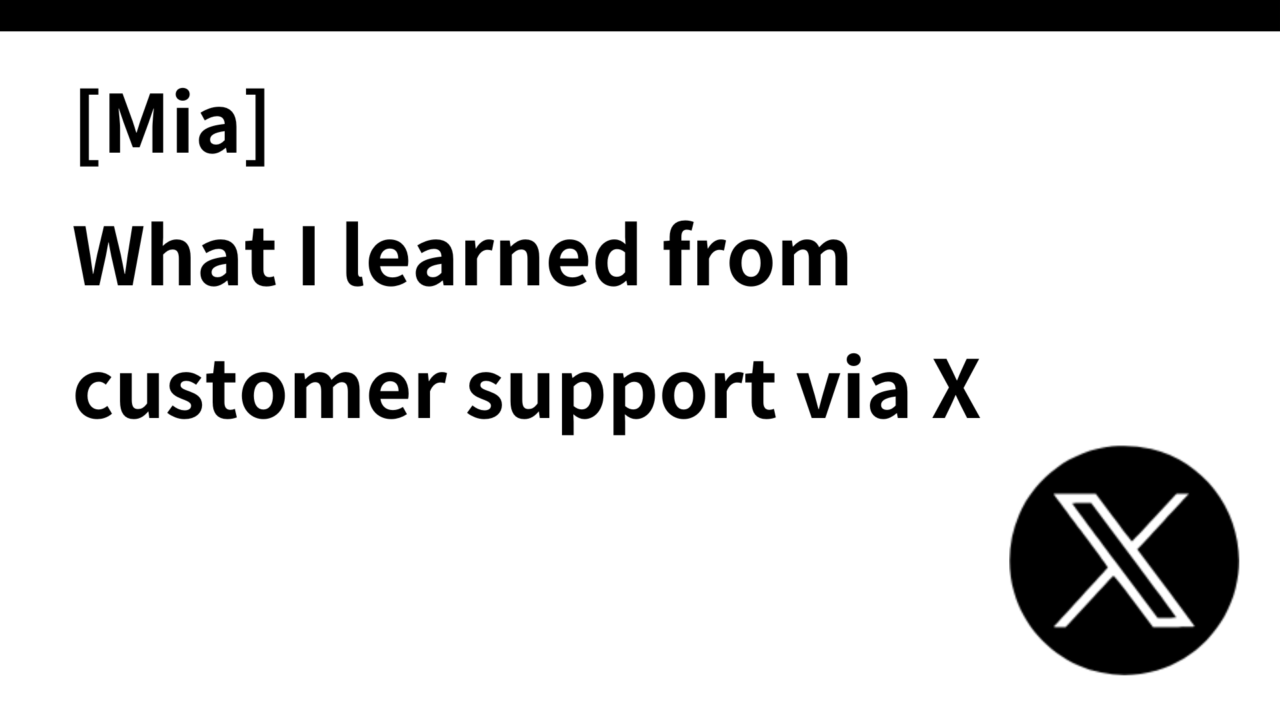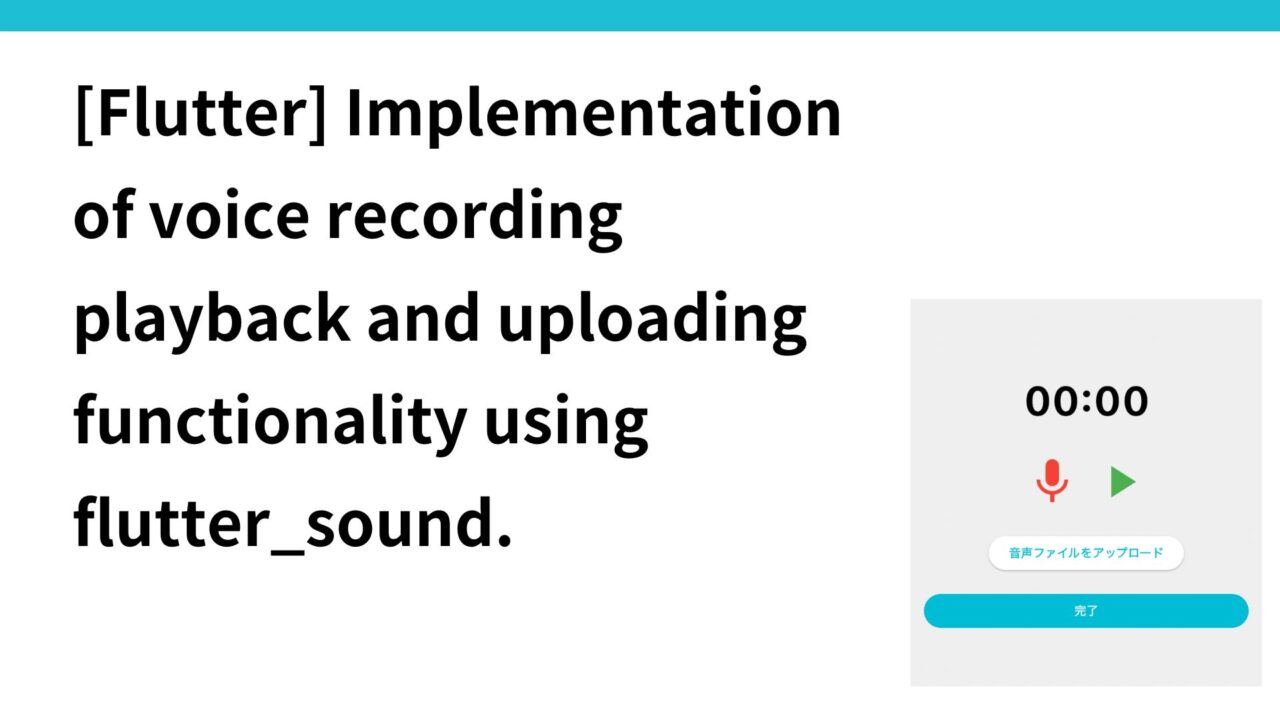Introduction.
I am now developing a small robot “Mia” for talking.
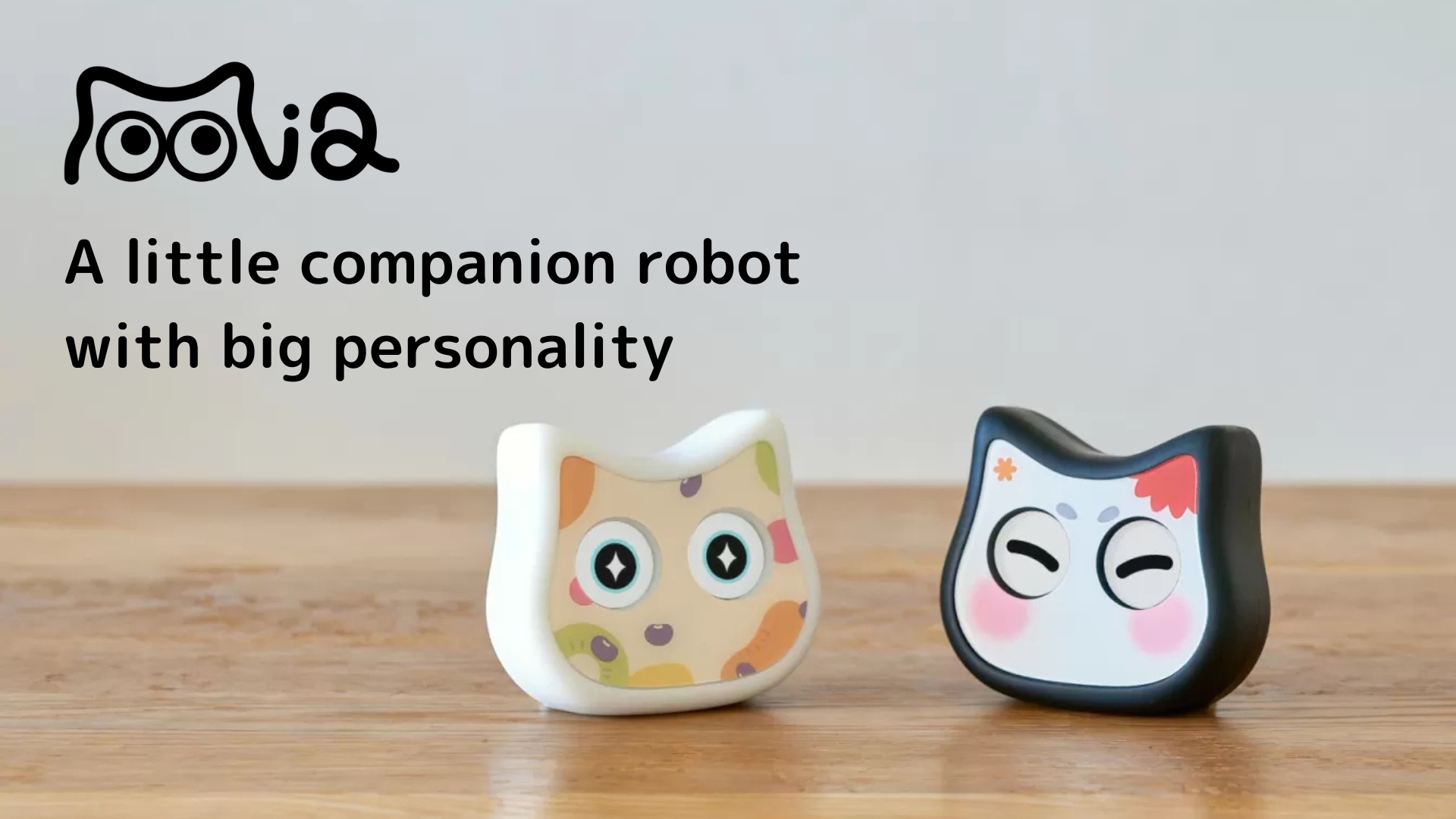
We have previously described several articles on shipping, but this time we would like to describe our trial-and-error process of optimizing box sizes and shipping costs.
Until now, we have been dealing with intangible software products such as SaaS and apps, so we have not had to worry about shipping and packaging, but this is our first tangible product, so we have to think about packaging size and shipping costs.
Size of individual box and outer box
Currently, Mia is packaged in a two-tier system: an inner box (individual box) containing the Mia itself, and an outer box. When Mia was shipped only in the individual box, there was a problem that there was not enough cushioning material, but problems occurred, such as the speaker coming off, so we decided to prepare an outer box as well.
Both the individual boxes and the outer box are made of cardboard one.
individual box
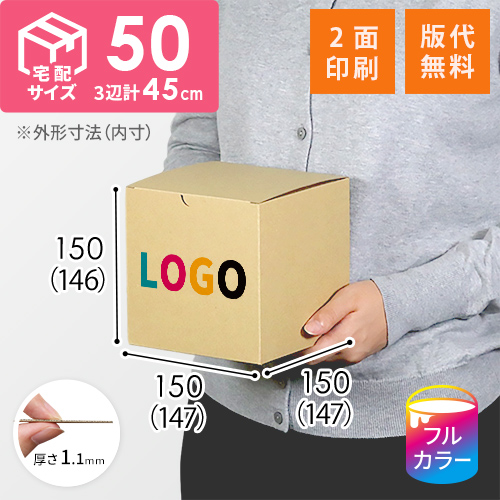
casing
Both are a little too large considering the Mia body, but this was the decision once made at the time of the beta release.
The individual boxes are printed with the logo and the warranty card.



Kuroneko Yamato Web Pickup
Basic Yamato TA-Q-BIN charges
The basic Yamato TA-Q-BIN rates can be found here.
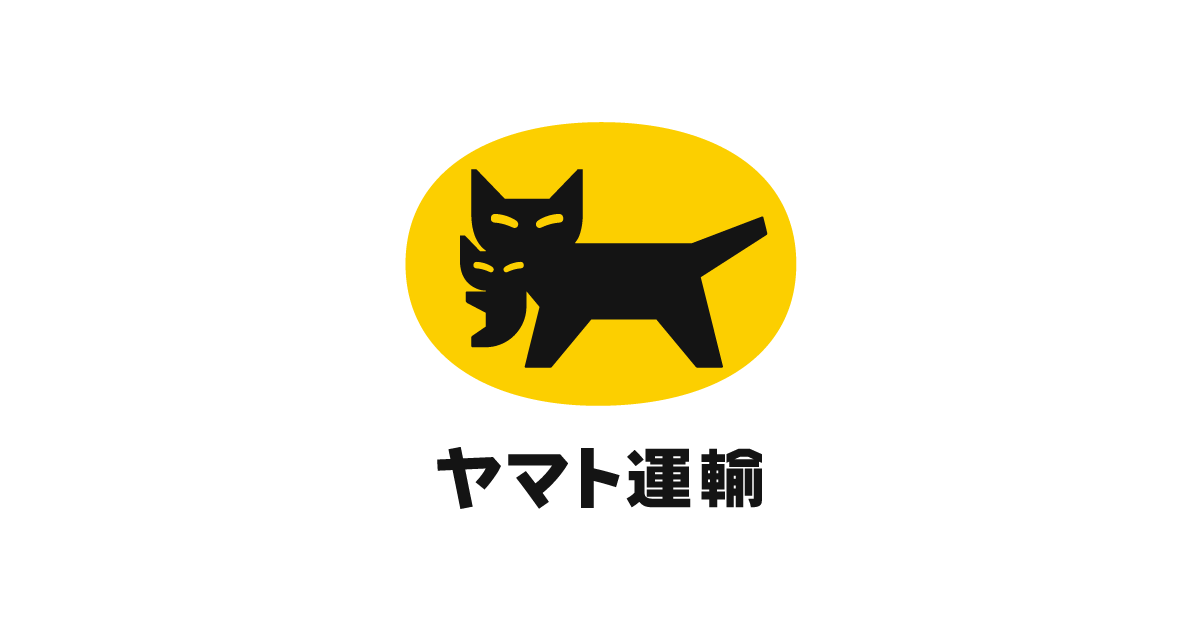
This time, it will be a Takkyubin 60 size (up to 2 kg). Delivery originates from the Kanto region.
Around 1100-1200 yen on average.
| landing | basic charge |
| Kanto/Chubu | 940 yen |
| Kansai (south-western half of Japan, including Osaka) | 1060 yen |
| Chugoku/Shikoku | 1190 yen |
| Hokkaido, Kyushu, Okinawa | 1460 yen |
If possible, I wanted to send it by Takkyubin Compact (720 yen for near area, 940 yen for far away), but the height and width are not a problem, but the height needs to be less than 5 cm, and since Mia’s depth is almost 5 cm, it is slightly out of the way.
So, for about a month and a half immediately after its release, it was delivered by Kuroneko Yamato TA-Q-BIN in size 60.
Convenient Yamato Web Pickup
Yamato has a web-based pickup application service.

After logging in with Kuroneko Members, you will see an input screen for delivery as shown below, and if you fill in the information, a Yamato delivery person will come on the desired pickup date and time. Moreover, Web pickup requests are a little cheaper than bringing in items.
Convenient delivery from the comfort of your own home

One day, a Yamato representative said to me, “You often request a pickup from Yamato. If you don’t mind, we’d be happy to give you information about our corporate clients next time.” I was told at the counter, “If it’s all right with you, we would be happy to provide information for corporate customers next time.
I thought that could happen, but the person in charge of pickups changed around so probably the information was not shared, and when the next person came, he picked up without being told what to do.
Japan Post’s non-standard-sized mail
The non-standardized Japan Post’s non-standardized mail charges are determined by weight. Since Mia’s current weight is around 320g including all packaging, I noticed on the way that Japan Post’s non-standard-sized mail is cheaper than delivery by Yamato.
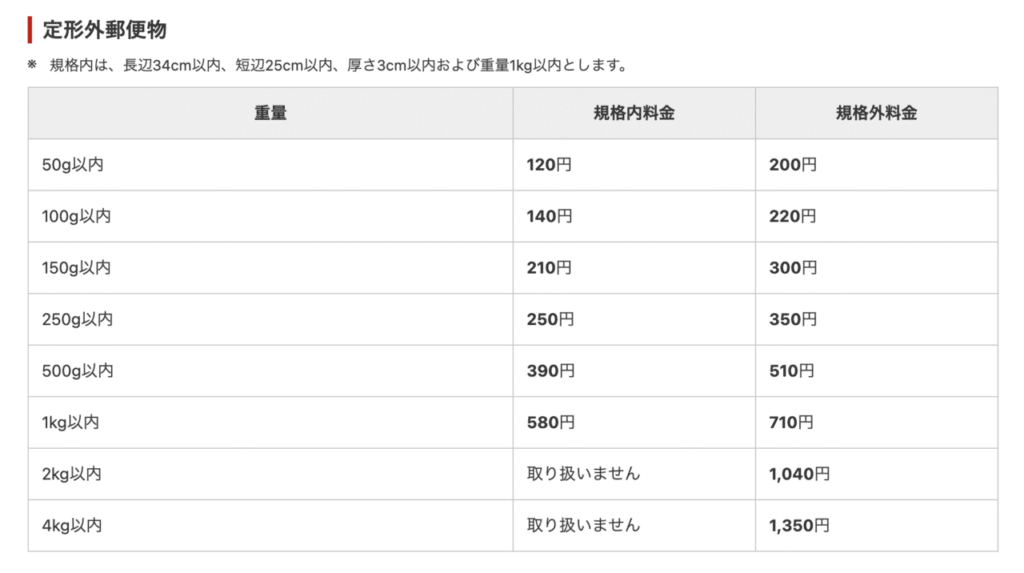
Non-standard-sized mail cannot be requested for pickup and requires address label printing.
However, unlike Yamato, Japan Post’s non-standard-sized mail cannot be requested for pickup (only Yu-pack can be picked up online), and the address label must be printed and attached to the outer box by the send er.
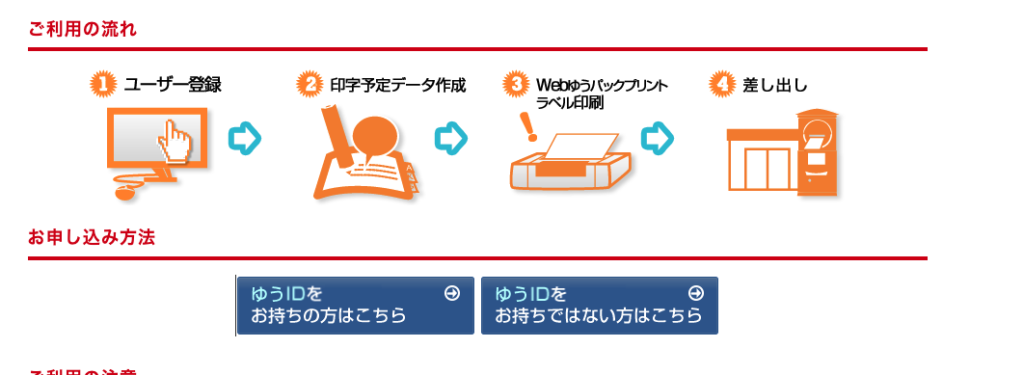
As for address labels, they can be printed using Web Yu-Pack Print.
Log in with your Yu-ID, and click “Create New” in the “Yu-bin, Yu-mail, and Yu-packet Label” section.

Select “Non-Standard Mail” under Products in Basic Information, and enter the shipping address information.

Address Label Printing Method
Once you have successfully entered the data, you will be taken to a screen where you can confirm the shipping schedule data, and click the “Print” button at the bottom of the scroll.

You will then jump to a screen where you select the paper to create the address labels.
Click here for a list of supported address labels
There are too many, but in my case, I purchased a label sticker called EDT-Tl12R from Elecom.

Then, the data for printing will be displayed as shown below, so download the PDF and print it.
Incidentally, address labels can print 12 stickers per A4 sheet, but by selecting the print start position, the address label is printed at that location.

Simply load the address label paper into the printer in the direction of insertion and print.
Attach the printed address label to the outer box and take it to the post office.


Compared to the Yamato case, the cost is about 500 yen less per delivery, but there is the hassle of printing and pasting the address labels themselves and bringing them to the post office. It is difficult to decide which is better.
The post office is about a five-minute walk away, so I may or may not think of going out as a distraction.
Future Policies
Can you review the individual boxes and the outer box and reduce the weight to less than 250 grams?
Compared to the main body of Mia (8cm x 7cm x 4.8cm), there is already a lot of blank space in the individual box (15cm x 15cm x 15cm). This requires more cushioning material, which costs a little more and adds to the man-hours required for the work.

Currently, the weight is as follows, and if the weight can be kept within 250g, the shipping fee will be reduced from 510 yen to 350 yen, a further 160 yen less, according to the Japan Post’s non-standard-sized mail fee schedule.
- Mia main body: 100g
- Individual box: 90g
- Outer case: 130g
Total 320g
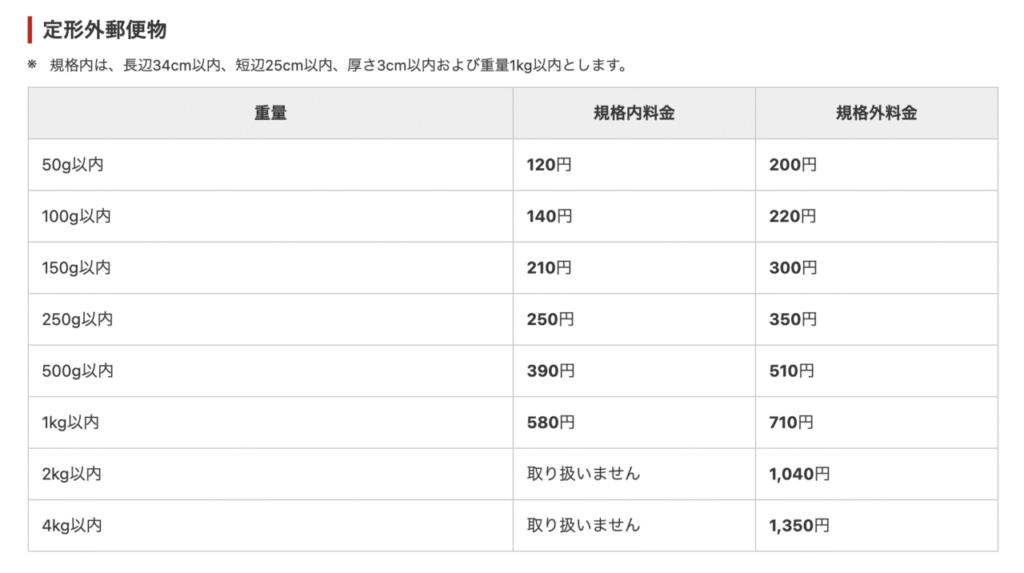
The next step is to use this weight as a benchmark for trial and error to see if the weight of packaging other than the main unit can be reduced to less than 250-100=150g.
summary
I hadn’t used tangible goods before, so I didn’t pay particular attention to shipping, but when I actually did it, I found quite a few things to consider, and I had to do some research, which was a learning experience.
